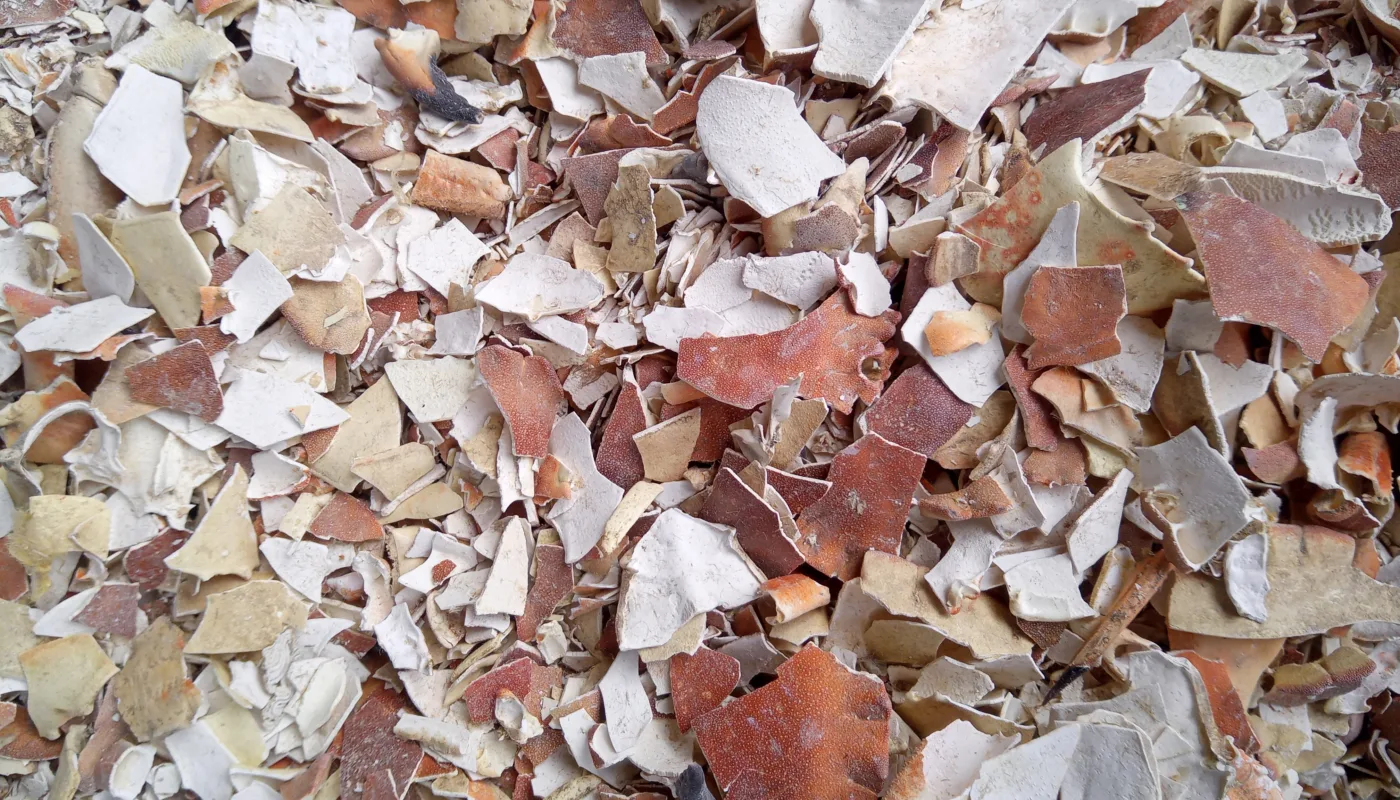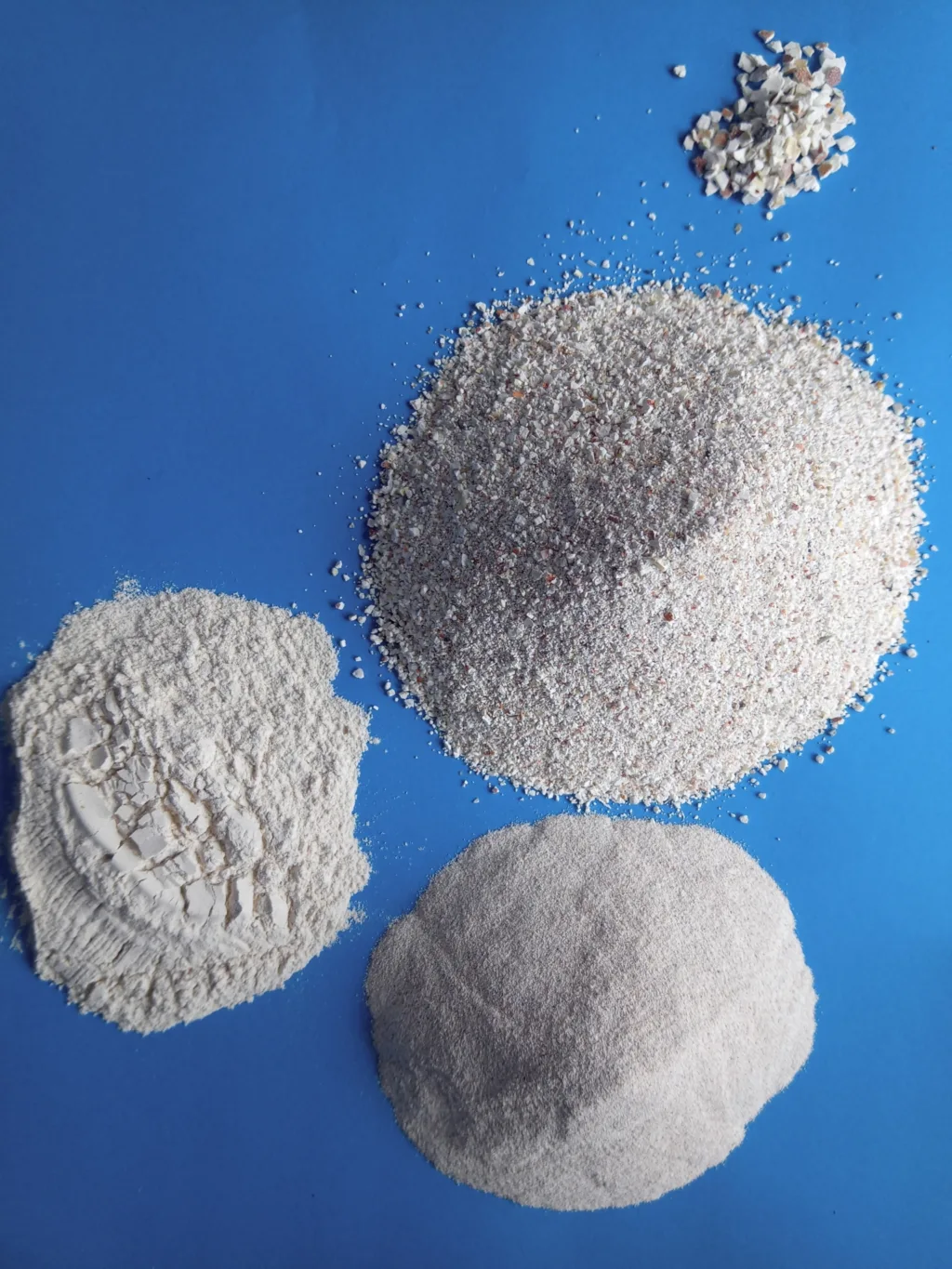Sea-preserved crab shells: test of liming and plant-strengthening effect
Residual material from processing of crabs contains valuable substances such as calcium, and chitin which may support plant resistance. In this project, NORSØK investigates the liming and plant-strengthening effect of sea-preserved crab shells from Nutrishell’s factory on Hitra, Trøndelag.

Residues from crab processing factories has so far been dumped in the sea.
Europe's largest crab processing factory is located at Hitra in Trøndelag (Norway). From 2021, crab residues are no longer deposited in the sea close to this factory. Instead, the company Nutrishell processes the residues into flour which is used in fish feed. Nevertheless, there are still residues in the sea from more than 20 years of production. This material is not suitable for feeding purposes. However, it contains minerals and some chitin. Therefore, and it is relevant to investigate its value as a soil amendment in horticulture.
Since the meal contains calcium and magnesium, NORSØK will investigate its liming effect. Regarding chitin, a polysaccharide that is an important component of the cell walls of fungi, insects, and shellfish, there is evidence describing its positive effects on plant growth. Chitin may protect plants against fungi, pests, and nematodes. In this project, we investigate a possible plant-strengthening effect of crab shells by growing barley infected with the fungal disease barley brown spot (Phyrenophora theres), in peat soil limed with finely ground crab shells. Conventional limestone meal will be applied as a control.

Project Details
Project details
| Project coordinator: | Anne-Kristin Løes |
|---|---|
| Project staff NORSØK: | Rådgiver |
| Project period: |
